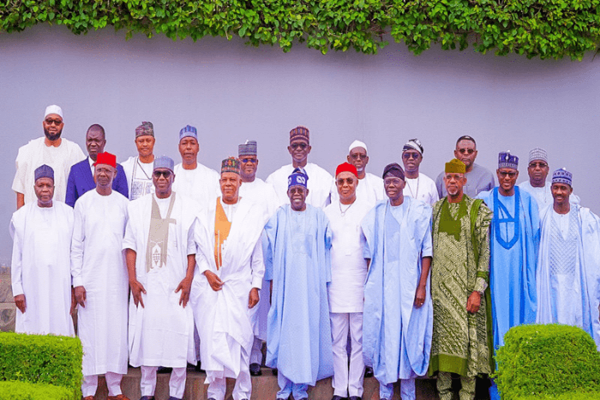The Rule of Law, Accountability and Advocacy Centre (RULAAC) has sounded an alarm bell that if civil society organisations and the media don’t wade into the state police debate which has already scale second reading at the National Assembly, Nigeria runs the risk of empowering governors with tools of partisan control.
A statement by RULAAC executive director, Okechukwu Nwanguma urged CSOs and the media to urgently meet and come up with a position on the subject.
The statement reads: “Rule of Law and Accountability Advocacy Centre (RULAAC) wishes to once again intervene in the raging controversial debate on State Police in Nigeria.
“RULAAC believes that this debate is crucial and consequential to the resolution or otherwise of the intractable challenge of insecurity in Nigeria.
“We believe that the debate and its resolution should not be left to the federal and state governments alone, otherwise, they will reach an agreement and put out a framework that favors and benefits them at the expense of society.
“We believe that Civil society and the media should drive the debate and exert informed influence on the debate and its outcome.
“RULAAC therfore calls for a CSO/Media engagement on the state police debate to ensure that it accommodates and involves rigorous multi stakeholder debate and input so that the outcome will be based on informed conclusions and agreements on the desirability or otherwise of allowing the establishment of State police and, if agreed, appropriate framework put in place that will insulate it from partisan control and abuse.
“This engagement is urgent before the National Assembly goes far with a draft Bill that is hurriedly put together devoid of rigorous wide stakeholder debate and input that ensures that the right framework is designed and put in place to insulate state police, if eventually adopted, from partisan political control, manipulation and abuse, thereby rendering it counterproductive.”








More Stories
Teenager in viral photo of Obi’s 2023 presidential campaign rally, Alabi Quadri languishes in jail
Ribadu tells families of kidnapped victims not to pay any ransom
Ndume tackles Tinubu over massive borrowings, lists ‘spurious’ items